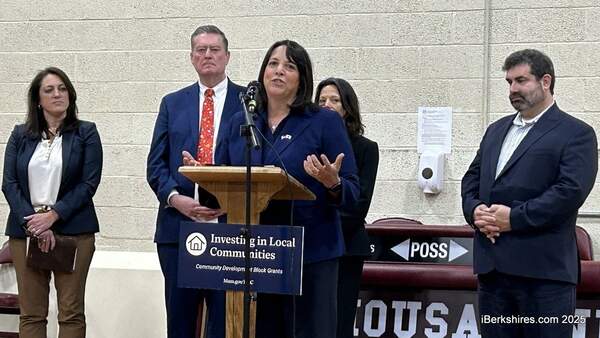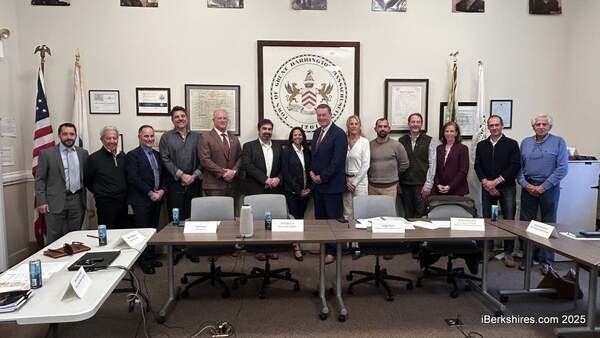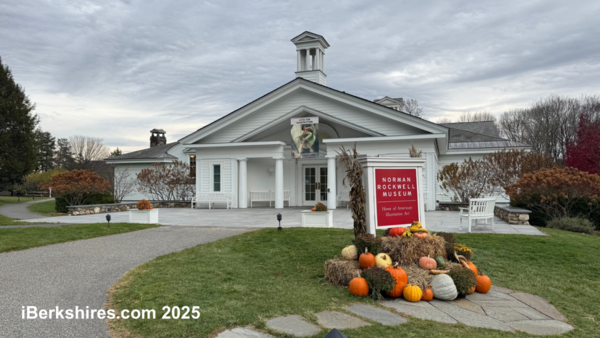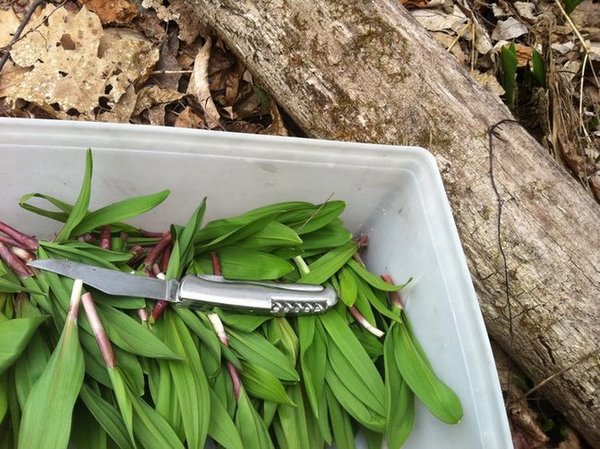
Sustainable Food Trend May Be Putting Ramps at Risk
SHEFFIELD, Mass. — Foraging, the act of searching for food (usually in the wild), has long been a mainstay of food cultures around the world.Recently, thanks to the resurgence of sustainable farming and the farm-to-table movement, foraging has regained its popularity. In fact, many area foodies and restaurants including Nudel in Lenox, the Old Inn On the Green in New Marlborough and Mezze Bistro and Bar in Williamstown often highlight the wild harvest when creating their notable seasonal menus. Ramps, wild watercress, fiddle head ferns and many varieties of mushrooms are among the abundant wild harvest available in the area's many damp, wooded areas. The art of foraging and cooking with foraged food has been featured in Berkshire Grown's annual "Farmed and Foraged" event held in May.
But how long will the wild bounty last? According to ethnobotanist Lawrence Davis-Hollander, president of BotanicalPosters.com and former director of the Eastern Native Seed Conservancy, foraged food, particularly ramps (or wild leeks as they often called) are at risk of depletion as commercial foragers cash in on the locavore trend.
"It's the most ironical question," Davis-Hollander said in a phone interview. "There are two major food movements running through this county right now. One is the heavily industrial-based processed food trend. The other is the locally grown, sustainable, supposedly environmentally friendly food movement – the farm-to-table movement, as it's often called. Unfortunately this idea of foraging has morphed into 'what can we get out of ramps?' It's become commercialized in many circles. Like anything else, if you start harvesting millions of them, how long are they going to be around?"
Part of the problem with ramp foraging, Davis-Hollander pointed out, is the method by which foragers extract the ramps from their wild habitat. He said that many foragers rip up the entire bulb, wholly removing the ramps from the ground. This practice, he said, is not sustainable and will inevitably lead to ramp depletion.
"It takes seven years for a ramp bulb to get to a mature size," he said. "People are taking mature and immature bulbs right out of the ground and not replacing them with anything. They are not being harvested with any care. Entire patches of ramps are being completely decimated."
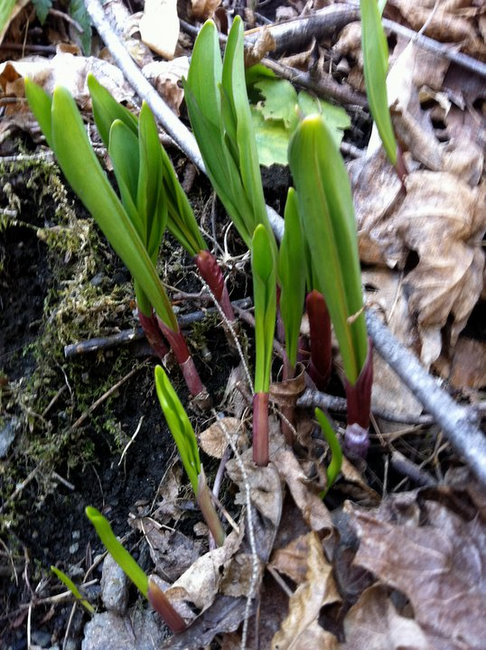
Photos by Austin Banach
|
"I used to take up the bulbs but when I got them to my kitchen to wash them it was a complete mess," he said. "The dirt would clog up my sink and it just wasn't worth it. It's easier to cut them. Yes, supposedly the bulb contains the most 'spice' so to speak, but the taste of the ramp is so garlicky and distinct it really doesn't matter."
While Banach now forages strictly for his personal kitchen, there was a time when he was out foraging ramps in order to provide seasonal offerings for the restaurant he used to work at. He said that foraging is a relatively common practice among area chefs but that he has not noticed any visible depletion in his ramp hauntings.
There is no shortage of ramps now, Davis-Hollander said, but if they are overharvested they may suffer the same fate as another wild edible that used to grow abundantly in New England – American ginseng (panax quinquefolius L.)
According to the USDA NRCS Plant guide, American ginseng "has been depleted by over-collecting for commercial purposes." The report goes on to say that many states "have a permit process instituted for collectors in the wild. Certain U.S. ports have been designated by the USDA, APHIS as ports through which ginseng can be exported. The Canadian Museum of Nature (2000) considers it a species at risk."
Who's to say, asks Davis-Hollander, that ramps will not follow suit?
"A great parallel and another example is the disaster with [American] ginseng," he said. "Ginseng may have been as abundant as ramps are now but they're never abundant anywhere anymore. They're not plentiful; we did that. People have been harvesting ramps for hundreds of years, that's not the problem. Commercializing is the problem."



